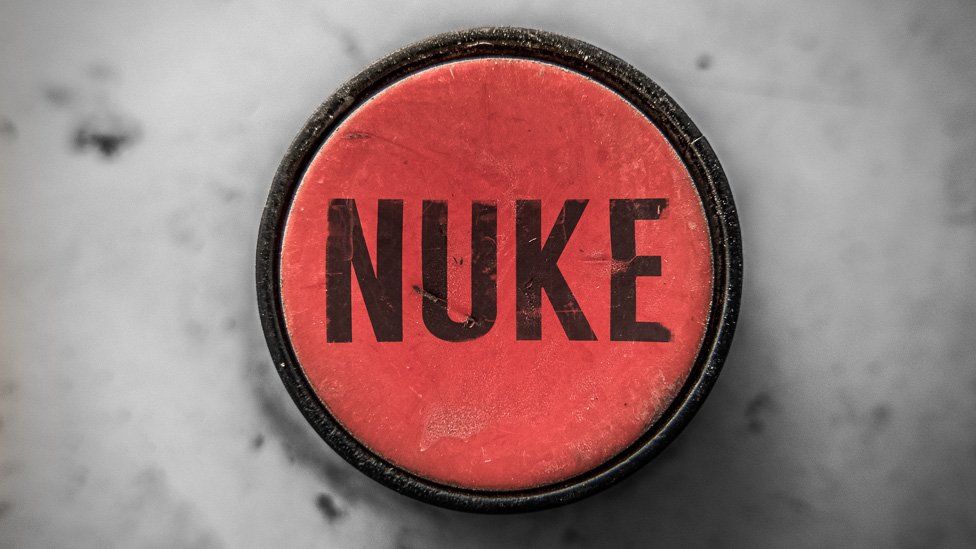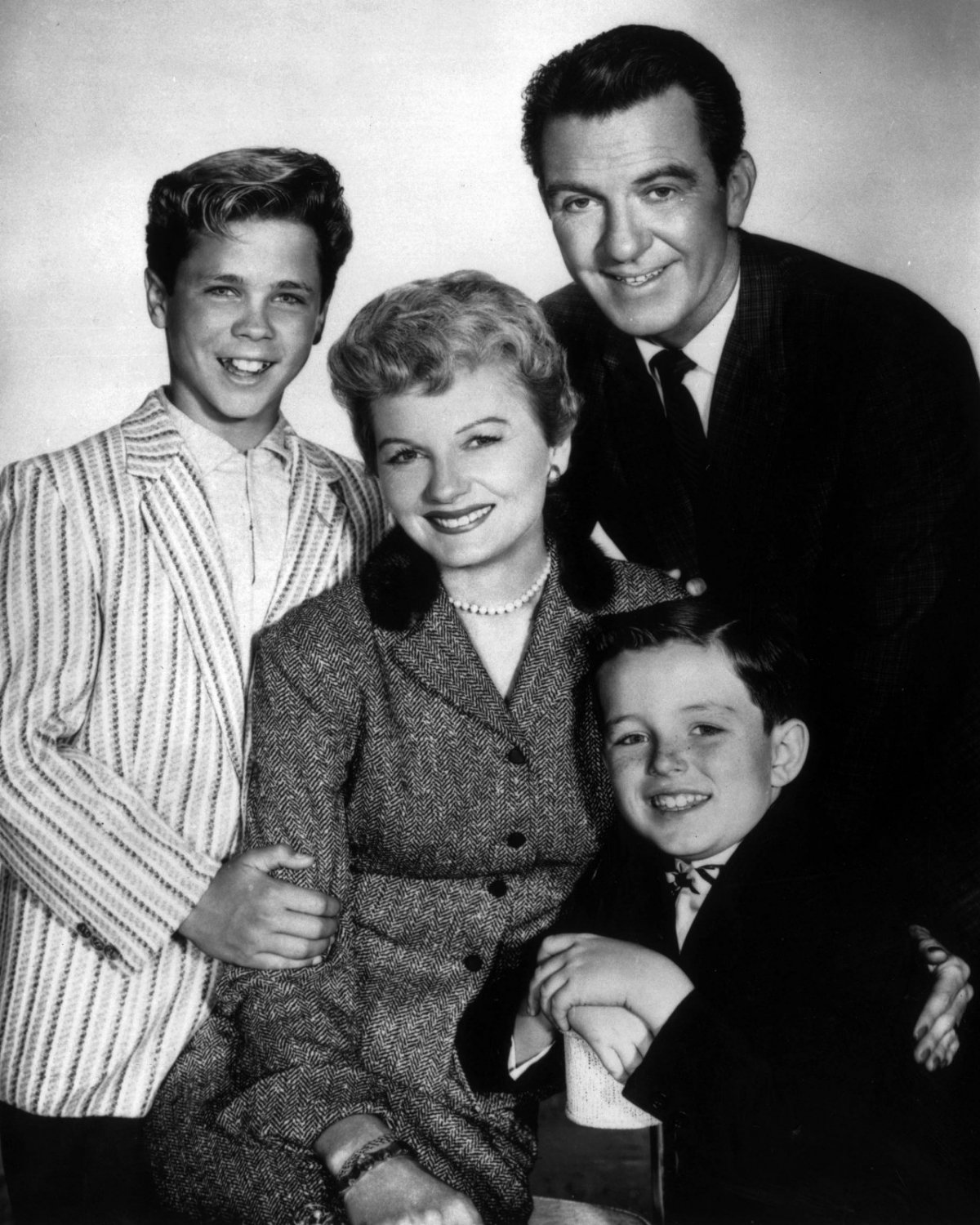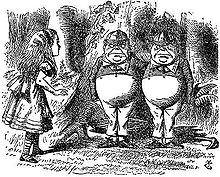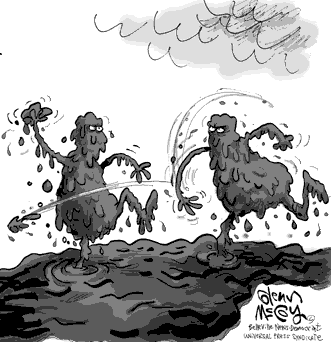In our nation this morning, you can hear a collective “Wow!”
"The most stunning political upset in American
history."
That's how ABC News commentator George Stephanopoulos described Donald
Trump's victory.
One commentator speaking about how we—the talking heads on
TV—got it so wrong, said, “Pollilng broken.”
Indeed as we look at not only the two candidates in this contentious
campaign, but the methodology behind them, it shows clearly that, in spite of
our best efforts, we are not nearly so in control as we would like to
think. The losing campaign was powered
by an incredibly sophisticated data-driven, computer aided, algorithm guided,
scientific process. The winning campaign
was run by a man’s gut. (No pun
intended, but if a bit of humor helps, go with it.) It kind of reminds me of the John Henry
statue a few miles from where I sit. On
this night, man beat machine. Since most
of us had already accepted that the machine couldn’t be beaten, we find it a
bit un-nerving.
Just this past Monday I was talking to a fellow pastor. Like me, he sees the man who is now our
President-elect as a flawed individual. He articulated his support, not of this
candidate, but of the platform that he represents. He articulated why he would vote for Donald
Trump. He articulated about seven points—prolife
concerns, gender issues, a desire to see a proper respect for law, etc.—all had
to do with matters concerning which God’s word speaks; none had to do with prejudice
or ill-will toward any group of people.
My friend wanted the outcome that has come to pass, but toward the end
of our conversation he said, “I really feel that Secretary Clinton is going to
win.” Then there are those who were so
invested in a Clinton-Kaine victory that they couldn’t imagine any other
outcome. As I listen to the
morning-after commentary words like shock, seismic, bomb-shell, and
greatest-upset dominate the reports. How should we as God’s people be God’s
people in this critical time?
From my position I heard from fellow-Christians over the
past few months who were, on the one hand, clearly in favor of a Trump victory,
and other—equally Godly, in-love-with-Jesus—sisters and brothers who rather
passionately were opposed. Many of my friends
concluded that they could vote for neither of the two leading candidates. I won’t be surprised to find out that my name
was written-in somewhere. Because of the
computer-driven ability to track and crunch numbers, we not only know the big,
important, number—who has the most Electoral College votes—but all kinds of
other statistics. As a result we see the
deep divisions that exist within our nation more clearly than ever. There is a knee-jerk reaction to this kind of
shocking outcome. On the one hand those
on the winning side can have a tendency to look at those groups who “opposed
this historic victory” and seek ways to make them pay. On the other hand, it is easy for those who
did not win the day to be on the “See, I told you so.” watch. A recent
“60
Minutes” piece fleshes out the observation that 82% of Americans were
disgusted with the recent political campaign.
(I warn you, in speaking frankly, some of the
folk in this focus group express themselves using words of which I don’t
approve.) Frank Luntz’s words,
especially what he said at the end of the piece, are worth considering. Far more eloquent than the pollster, are the
words of Abraham Lincoln at his second inaugural.
“With malice toward none,
with charity for all, with firmness in the right as God gives us to see the
right, let us strive on to finish the work we are in, to bind up the nation's
wounds, to care for him who shall have borne the battle and for his widow and
his orphan, to do all which may achieve and cherish a just and lasting peace
among ourselves and with all nations” (Lincoln).
This is true about us as a nation. It is absolutely indisputable for us who are
part of the body of Christ. Many of us—others
with far more eloquence than me--have said for months, now, that we need to
remember—no, we need to militantly cling to the reality—that all of us who by
God’s grace have been made new creatures in Christ have something in common
that supersedes anything that might divide us.
Scott McKnight, on this historic morning, stood to lead us in
prayer. I encourage you to
join
him.
There is a low spot in the bed. Unless we resist we’ll roll into it. The tendency is abundantly clear in the 60
Minutes excerpt above. We tend to look
for what is worst in the motives of those on the other side. I heard it come out clearly in some of the
comments that were made by dedicated Hillary/Kaine supporters as it became
clear that they were not going to win the day.
“I guess there are more people who support bigotry and xenophobia, than
there are who support the dignity of all people” (That is not an exact quotation, but an
honest attempt to capture what I heard.).
I know John MacArthur is, himself, a polarizing person. I ask you to set that aside for a
moment. I was surprised that
he
spoke with a clarity with which I was not comfortable, even as a
former pastor. He does, however, articulate the carefully
parsed reasoning that entered into not only his decision, but a great many
Christians’. I don’t doubt that such
people are out there, but I will say clearly that I did not hear any supporters
say anything remotely like, “I support Donald Trump because I hate ______,” or,
“because I want to see ______, put down, discriminated against, etc.” Likewise I heard none of the Hillary/Kaine
supporters say, “I want to kill babies.”
Sure, the ideas that each candidate espoused—indeed, the ideas that
motivate each of us—have consequences, and it is entirely appropriate for us to
point where the way one thinks leads, it is, however, very important that we
avoid rhetoric that enflames, and rather seek to engage in conversation that
enlightens.
“Let your speech always be gracious, seasoned with salt,
so that you may know how you ought to
answer each person”
(Col 4:6, ESV).
Let’s be careful about how we talk in the days ahead. Like David, let’s pray that God will guard
our speech. “Set a guard, O LORD, over
my mouth; Keep watch over the door of my lips” (Psalm 141:3)
Let me again quote from our Sixteenth president.
“Both read the same Bible and pray to the same God, and each
invokes His aid against the other. It may seem strange that any men should dare
to ask a just God's assistance in wringing their bread from the sweat of other
men's faces, but let us judge not, that we be not judged. The prayers of both
could not be answered. That of neither has been answered fully. The Almighty
has His own purposes.”
God has His own purposes, and, I add, His purposes are not
necessarily ours, and we don’t have them figured out. (Read
Romans
11:34-36.)
Let me close what is a fairly gloomy post with an invitation
to watch a beautiful sunrise. No, what I
speak of has nothing to do with which candidate or which party prevailed
yesterday; it has to do with the end of the Bible. I read the end of the book, and God
wins. This is one of those times when it
is easier than on other occasions to believe God’s sovereignty. I find myself clinging to that reality, this
morning, like a person grasps a piece of flotsam after a shipwreck.
Hold on tightly, child of God. He will not forsake His own.












